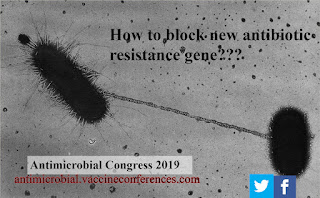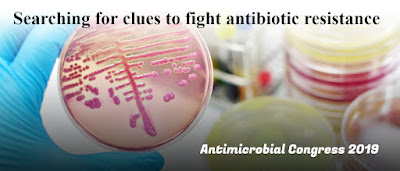Can Microorganisms Be A Solution To The World's Energy Problems?
Biofuels & Petroleum Microbiology :
Can
Microorganisms Be A Solution To The World's Energy Problems?
Microorganisms once had an empire on the Earth, thriving by filling
every nook and cranny of the environment billions of years before humans first
arrived on the scene. The ability of microorganisms to grow from any infinite
variety of food sources, rocks, soil, inside roots, compost piles & toxic
waste etc. may play a significant role in bailing out our society from the
current energy crisis. The Bio design researchers have outlined the paths,
where bacteria are the best hope in producing renewable energy in large
quantities without damaging the environment or competing with our food supply.
Two distinct, but complementary uses of bacteria, which
is a current major challenging research area, are:
(1)The first use of the microbes is to convert biomass to
useful energy. Different microorganisms can grow without oxygen to take this
abundant organic matter and convert it to useful forms of energy such as
methane, hydrogen, or even electricity.
(2)The second uses bacteria or algae that can capture
sunlight to produce new biomass that can be turned into liquid fuels, like
biodiesel, or converted by other microorganisms to useful energy.
What is it about bacteria that make them an attractive tool for a
bio-energy researcher? Consider that one species of bacteria, the human gut
bacterium E. coli, has become the workhorse of the multi-trillion dollar global
biotech industry. Might other unearthed microbial treasures have the same
potential in bio-energy applications?
For example, Synechocystis is a genus of unicellular, freshwater
cyanobacteria which contains a strain Synechocystis sp. PCC 6803, the first
bioenergy consistent microorganism to be sequenced & its genome was
released. These photosynthetic bacterium membranes contain high lipid (i.e.,
oil) content, which makes it an excellent biodiesel candidate.
The successes to find out the microbial bioenergy demands in-depth
knowledge of the complex microbial communities that normally needs a
development of a wide range of pre-genomic, genomic, and post-genomic tools.
The Bio design team has unique expertise on using each kind of tool, and its
perspective article provides needed information about these tools and how they
can be used to disclose the structures and functions of microbial communities
involved in renewable bioenergy.




Comments
Post a Comment